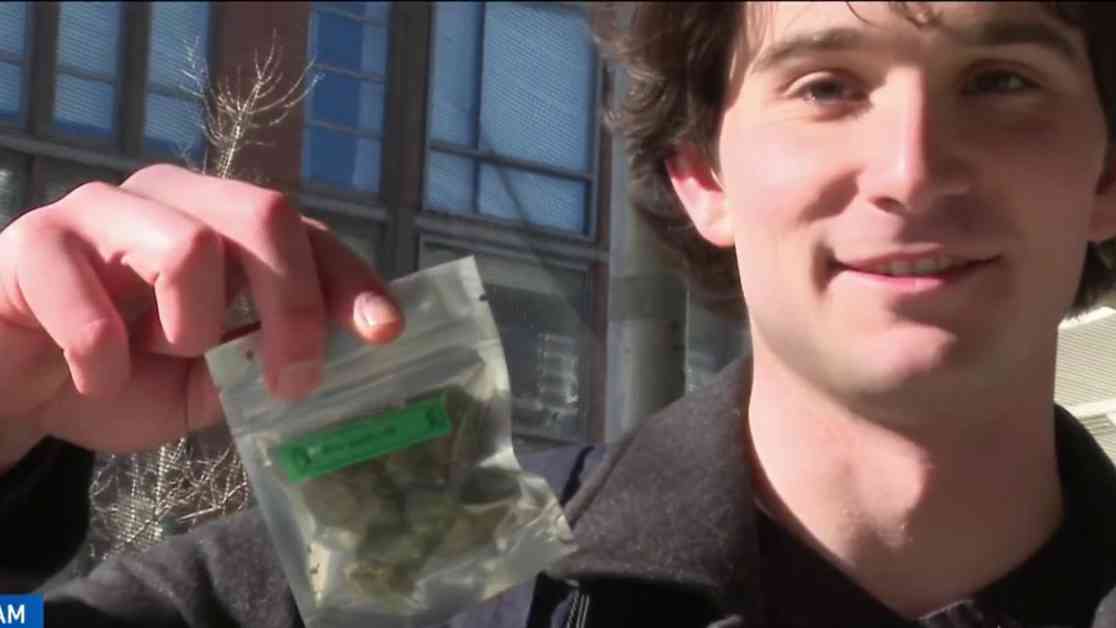A recent study conducted by a team of researchers from Columbia University has shed light on a concerning trend in New York City’s cannabis retail landscape. Despite legal regulations requiring purchasers to be 21 years of age or older to buy cannabis products, a significant portion of unlicensed weed shops in NYC are failing to conduct proper age verification checks.
Dr. Ryan Sultàn, an assistant professor of clinical psychiatry at Columbia University, expressed his surprise at the findings, stating that many parents would likely be shocked to learn about the lax age verification practices in unlicensed cannabis shops. The study, which involved mapping over 800 cannabis retailers across the five boroughs, revealed that a staggering 90 percent of unlicensed shops were neglecting to check IDs as mandated by law.
Research assistant Peter Menzi, who participated in the study, posed as an underage customer to assess the age verification procedures at various cannabis shops. His investigation found that nearly half of unlicensed weed shops did not conduct any age verification checks, including at the point of sale, making it easy for underage buyers to acquire cannabis products without proof of age.
Menzi highlighted the ease of access to cannabis for minors compared to alcohol, emphasizing the potential harm that cannabis can pose to young individuals. While state-licensed shops demonstrated 100 percent compliance with age verification protocols, Menzi’s observations revealed that even licensed establishments were not immune to lapses in enforcing these regulations.
In an undercover investigation conducted by the I-Team, a 21-year-old intern was able to purchase cannabis from a state-licensed store without providing identification. The intern’s interaction with the store clerk was captured on a concealed camera, showing a lack of security at the entrance and a casual approach to age verification. Despite the intern’s admission of not having ID, the clerk proceeded with the sale, allowing the purchase to proceed without proper identification.
Following the expose, a representative from the licensed store acknowledged the oversight in failing to check for ID and expressed a commitment to investigating the incident. Taylor Randi Lee, a spokesperson for the New York State Office of Cannabis Management, emphasized the state’s dedication to shutting down unlicensed shops and preventing underage access to cannabis, promising to take action against retailers found violating age verification requirements.
Dr. Sultàn, reflecting on the study’s implications, underscored the importance of safeguarding teenagers and young adults from the potential negative effects of cannabis on developing brains. He cautioned against exposing youth to cannabis, citing concerns about addiction and brain development.
The study’s revelations have sparked conversations about the efficacy of current regulations and the need for stricter enforcement to protect vulnerable populations from the risks associated with cannabis use. As discussions around cannabis legalization continue, ensuring responsible sales practices and robust age verification measures are crucial in safeguarding public health and well-being.












